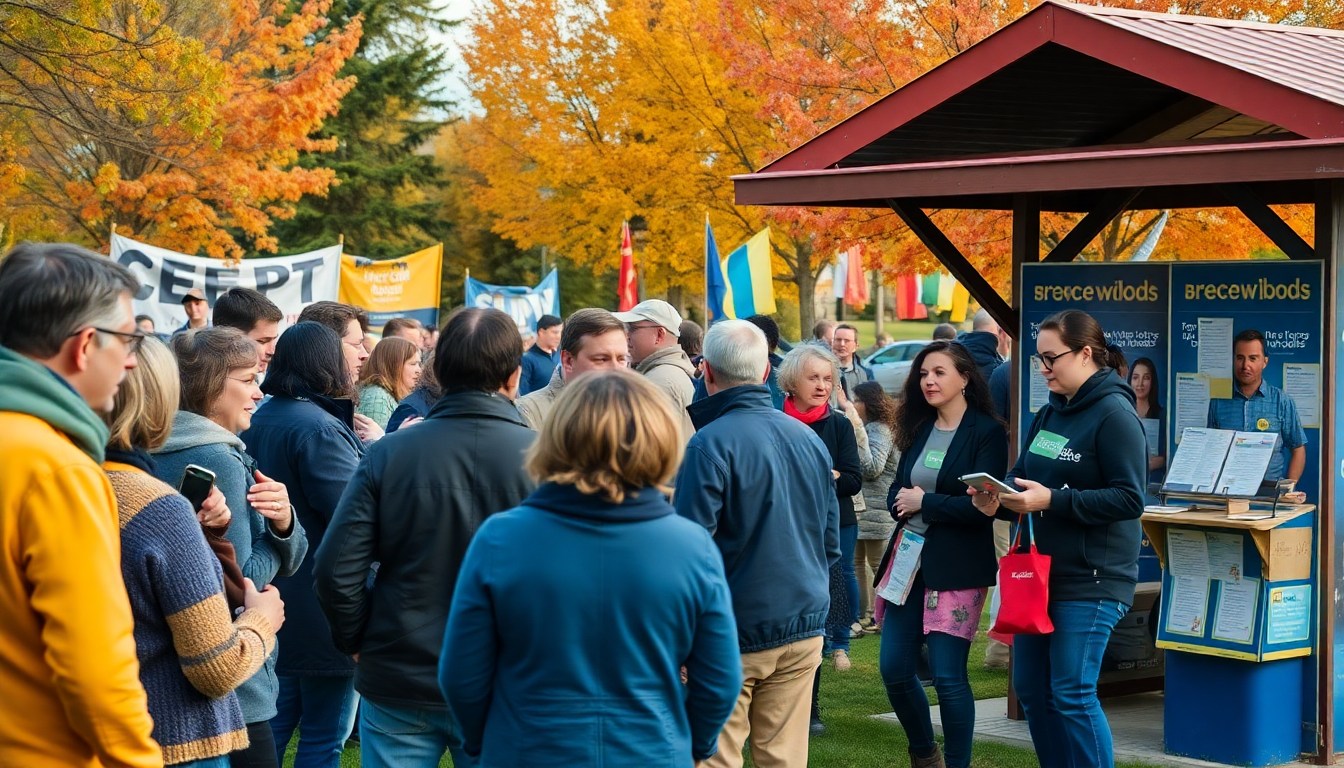Table of Contents
The recent electoral battle in the Spruce Woods riding of Manitoba has thrown a spotlight on the shifting political landscape in the province. The Progressive Conservative Party (PC) has managed to hold onto its seat, but the victory came with a razor-thin margin that suggests things are heating up. Colleen Robbins, the party’s candidate, secured 2,805 votes, just ahead of the New Democratic Party (NDP) and its candidate, Ray Berthelette, who received 2,735 votes. This nail-biting outcome hints at changing voter attitudes that could have a lasting impact on future elections.
Electoral Context and Historical Significance
Spruce Woods, primarily a rural area, has historically been a stronghold for the Progressive Conservatives since its inception in 2011. In the 2023 election, Grant Jackson, the previous representative, won by a hefty margin of over 3,000 votes. However, with Jackson stepping down to chase a federal Conservative candidacy, a new chapter is unfolding in local politics.
The NDP’s rising momentum is hard to ignore. They’ve been gaining traction in provincewide polls, promoting various initiatives aimed at benefiting the local community. Does this resonate with voters? The close race certainly suggests it does. The NDP’s active presence in Spruce Woods indicates a potential shake-up in political alliances, prompting other parties to rethink their strategies moving forward.
Voter Engagement and Turnout Rates
According to Elections Manitoba, voter engagement was somewhat lukewarm, with a turnout rate of just 40.71 percent among eligible voters. This figure highlights the urgent need for better voter mobilization, especially among groups that might feel disconnected from the political process. Why does voter turnout matter? Low engagement risks misrepresenting the electorate’s true preferences, while higher participation can bolster the legitimacy of election results.
The Liberal Party’s candidate, Stephen Reid, finished a distant third with only 444 votes. This outcome underscores the tough road ahead for the Liberals in this competitive arena, signaling a clear need for them to rethink their outreach and policy focus in the region.
Future Implications and Predictions
The narrow win for the PCs in Spruce Woods serves as a wake-up call for all political players involved. As the political environment continues to change, grasping what drives voter behavior will be essential for upcoming campaigns. The NDP’s recent gains suggest they might become a significant contender in the region, potentially shaking the traditional two-party dominance in Manitoba politics.
Looking ahead, parties will need to hone their strategies to engage effectively with constituents, address local issues, and adapt their platforms to connect with voters. As we gear up for future elections, the takeaway is clear: the political landscape in Manitoba is evolving, and all parties must stay alert and responsive to the shifting needs and preferences of their constituents.


